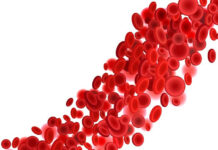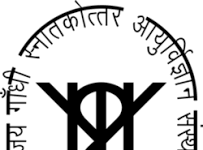New research presented at the 2025 American Society of Clinical Oncology (ASCO) Annual Meeting in Chicago has demonstrated the effectiveness of CAR T-cell therapy in treating gastric and brain tumors. The findings, published in The Lancet and Nature Medicine, mark a major step forward for this innovative form of immunotherapy.
Satri-cel Improves Outcomes in Advanced Gastric Cancer
In a phase 2 clinical trial published in The Lancet, researchers evaluated the impact of satri-cel—short for satricabtagene autoleucel—on patients with advanced gastric or gastro-oesophageal junction cancer. These patients had already failed at least two previous treatment lines.
Researchers from Peking University Cancer Hospital and Institute in China led the study, which enrolled 156 participants. The patients were randomly assigned to receive either satri-cel or a treatment of the physician’s choice (TPC).
As reported by thehindu, the results were promising. Satri-cel significantly increased progression-free survival and also demonstrated a meaningful improvement in overall survival. Importantly, it maintained a manageable safety profile.
The authors noted, “This randomized controlled study is the first to test CAR T-cell therapy in solid tumors,” and highlighted the breakthrough nature of the findings.
CAR T-Cell Therapy Shows Tumor Reduction in Glioblastoma
Meanwhile, researchers at the University of Pennsylvania reported encouraging results in a phase 1 trial targeting glioblastoma—a notoriously aggressive and fast-growing brain cancer. Published in Nature Medicine, the study involved 18 patients who received CAR T-cell therapy.
Of the 13 patients with measurable disease, 62% showed tumor shrinkage. These early results suggest that CAR T-cell therapy could offer new hope for patients facing glioblastoma, which has long been resistant to conventional treatments.
Indian-Developed CAR T-Cell Therapy Reports High Response Rates
In March, an indigenous CAR T-cell therapy developed by the Indian Institute of Technology-Bombay and Tata Memorial Hospital also made headlines. This therapy showed a 73% response rate in patients with leukemia and lymphoma who had either relapsed or were resistant to previous treatments.
The outcomes from phase 1 and 2 clinical trials were published in The Lancet Haematology, further underscoring the growing global momentum behind CAR T-cell research.
A New Era in Cancer Treatment
Together, these studies underline the expanding potential of CAR T-cell therapy beyond blood cancers, extending its promise to solid tumors like gastric and brain cancers. As clinical trials progress, researchers remain hopeful that this approach will transform cancer care across a wide spectrum of malignancies.
























